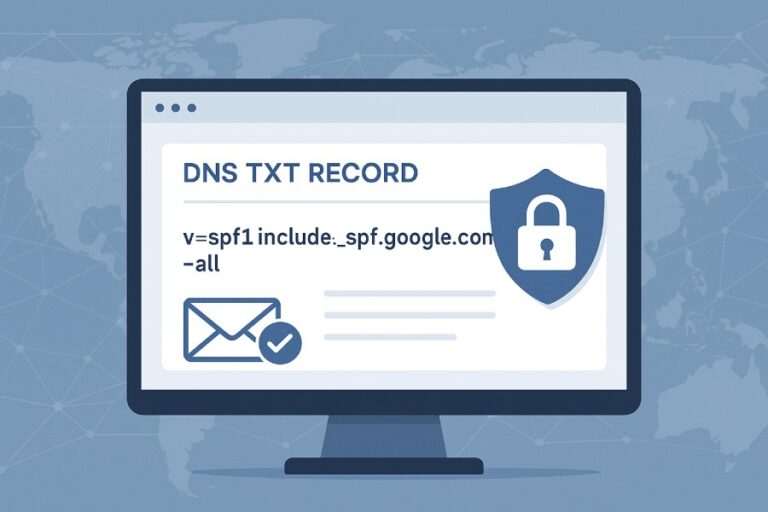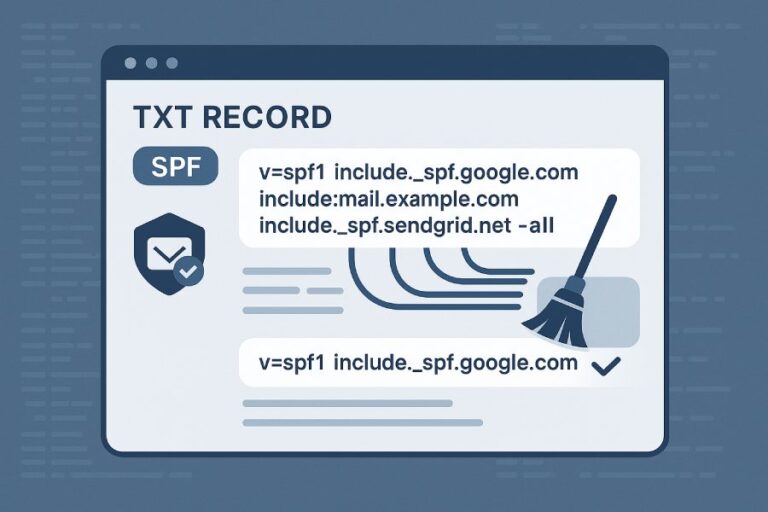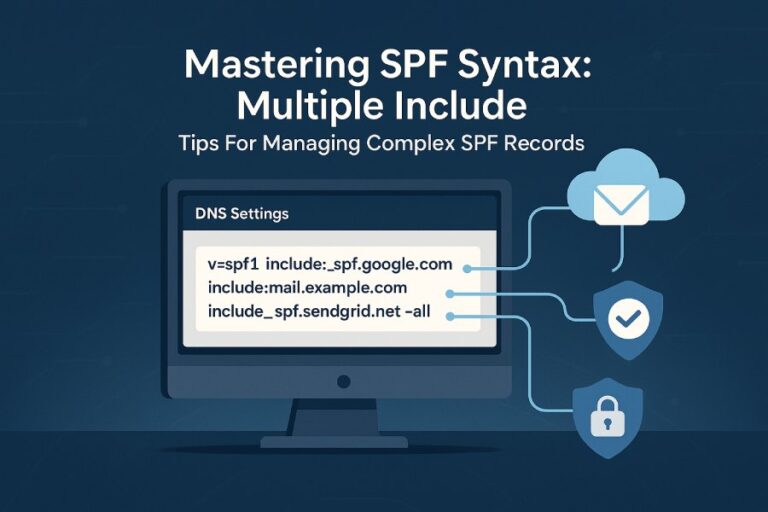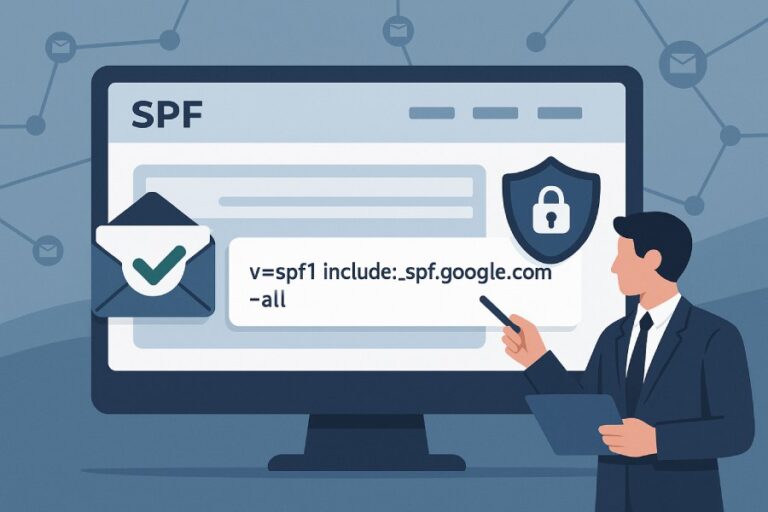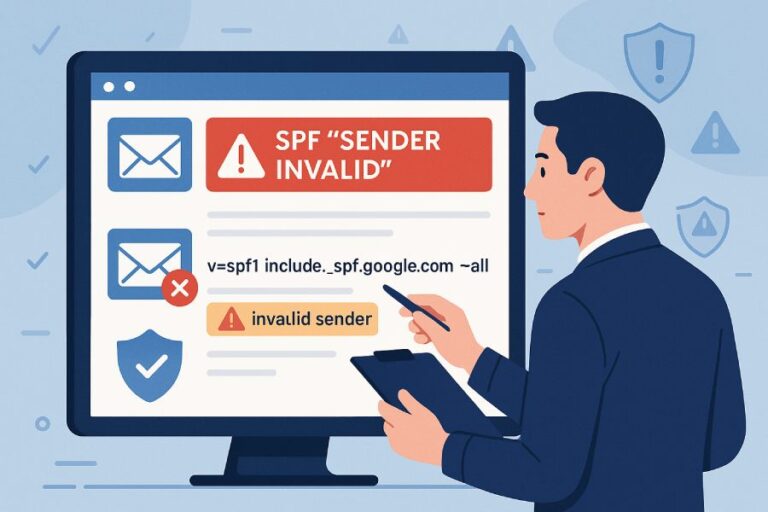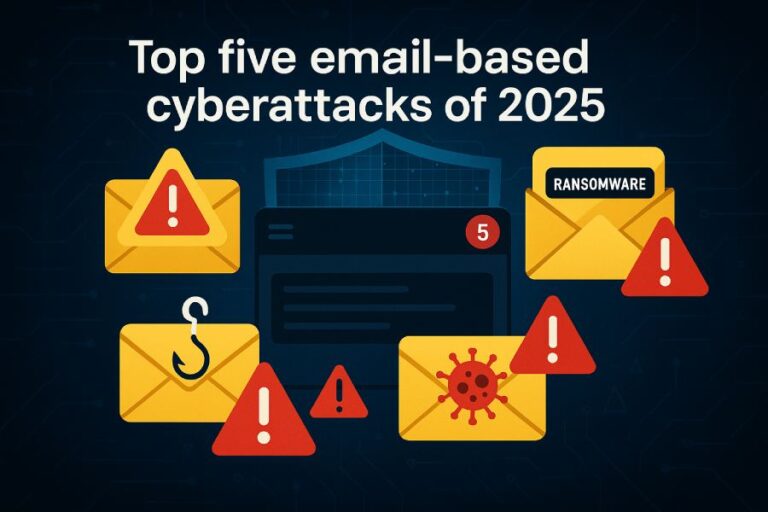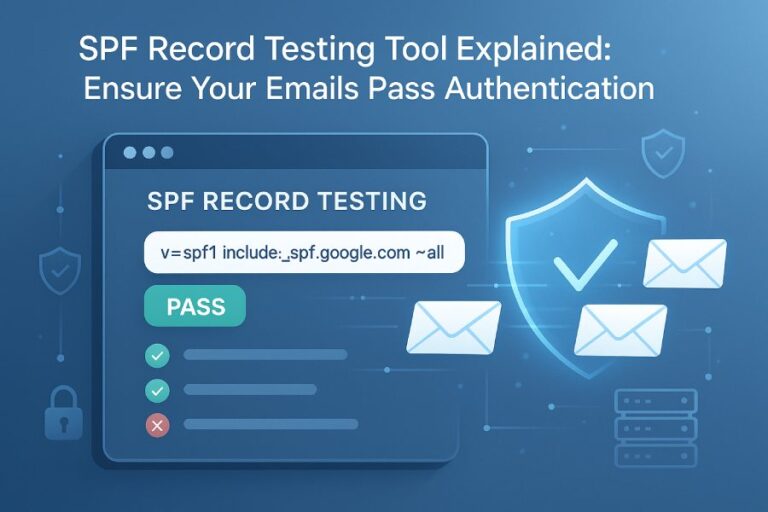SPF Record Settings Explained: Protect Your Domain From Spoofing
An SPF record, short for Sender Policy Framework record, is a specialized DNS record configured within the domain name system to help prevent unauthorized use of your domain in email communications. Fundamentally, an SPF TXT record is a DNS TXT record type that lists all authorized mail sources permitted to send emails on behalf of…
